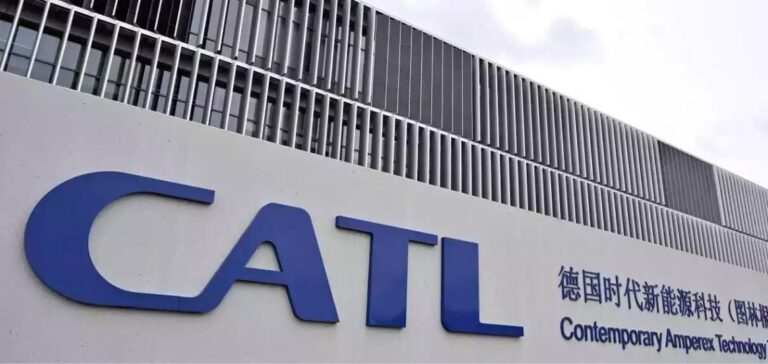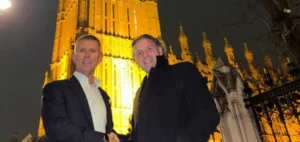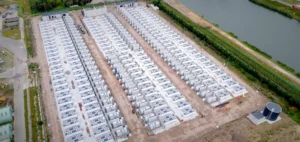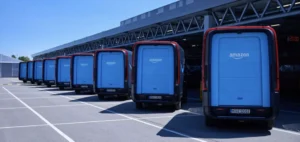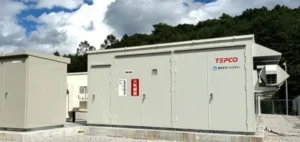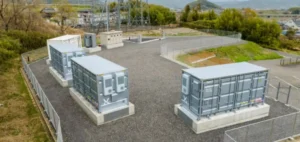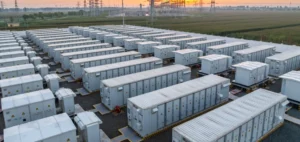Chinese battery manufacturing giant CATL said Thursday it increased its first-quarter net profit sixfold, galvanized by robust demand for electric vehicles.
Founded in 2011, Contemporary Amperex Technology (CATL) is the undisputed global champion of electric vehicle batteries. Its factories produce a third of the batteries sold in the world and equip a multitude of manufacturers (Mercedes-Benz, BMW, Volkswagen, Tesla, Toyota, Honda and Hyundai).
In the first quarter, CATL posted a net profit of 9.8 billion yuan (1.3 billion euros), up from 1.49 billion yuan a year earlier, the group said in a statement. This is an increase of 558% over one year. Its revenue is up 82.9% year-on-year to 89 billion yuan (11.7 billion euros). This result was well above expectations (75.1 billion yuan).
The Ningde (eastern) group is not listed and therefore not subject to the same obligations as listed companies. CATL did not give any explanation for the strong increase in its net income. However, these results come at a time when demand in China for electric and hybrid cars is particularly robust.
Sales there nearly doubled in 2022 to more than a quarter of all vehicles sold, an all-time high, according to the China Federation of Individual Car Manufacturers (CPCA). Last year, CATL almost doubled its net profit to 30.7 billion yuan (4 billion euros at current rates).
With an international presence, CATL inaugurated its first European plant in Germany in January, an essential link in the electrification of the continent’s carmakers. In eastern Hungary, workers are also busy building Europe’s largest electric battery factory. It should be completed within three years. Residents and environmental activists, who fear soil pollution, are opposed to the construction.
Last month at a CATL presentation, Chinese President Xi Jinping said he was both “pleased and concerned” about the global importance of the Ningde (east) based group, according to China News Agency. These words were interpreted as a warning, at a time when Chinese companies are exposed to American sanctions, in a context of technological rivalry between Beijing and Washington.


